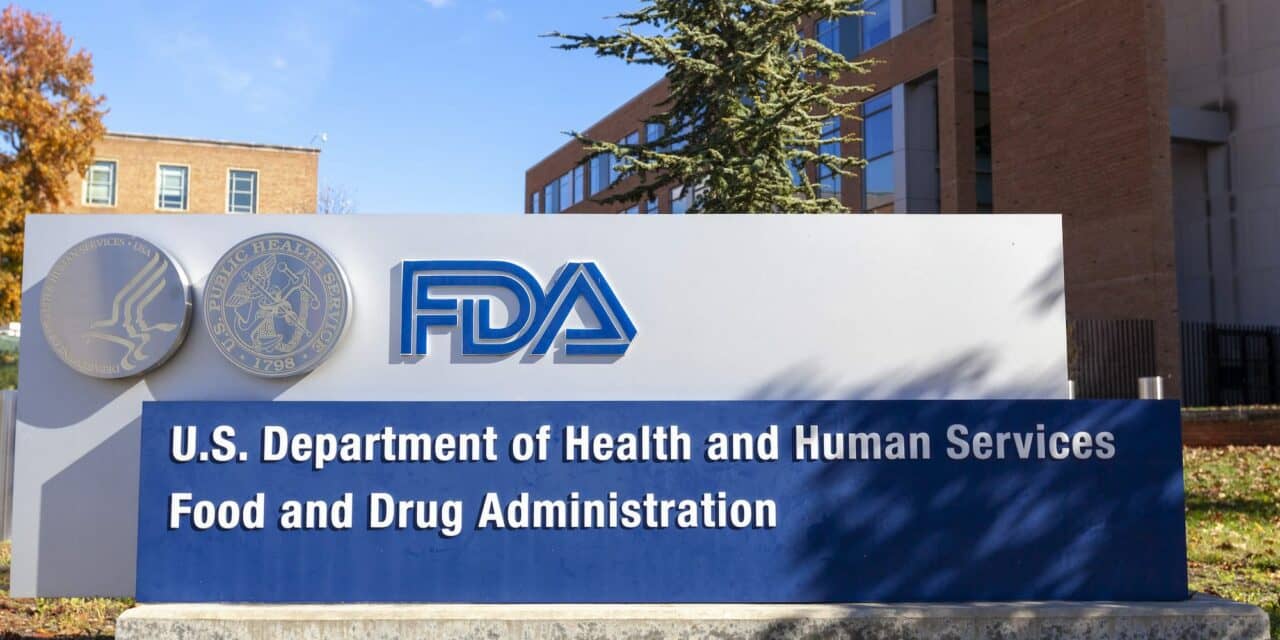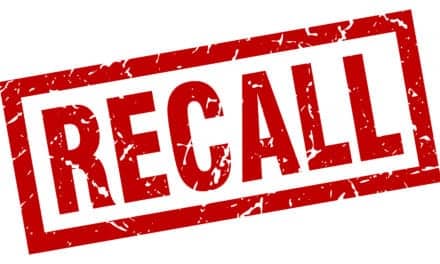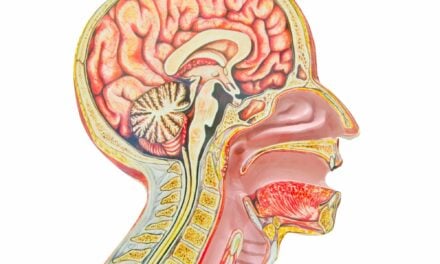Summary: Thermo Fisher Scientific’s SeCore CDx HLA A Sequencing System has received FDA 510(k) clearance as a companion diagnostic for TECELRA, a T-cell receptor therapy from Adaptimmune for treating unresectable or metastatic synovial sarcoma in adults.
Takeaways:
- FDA Clearance for Companion Diagnostic: Thermo Fisher’s SeCore CDx HLA A Sequencing System has been granted FDA 510(k) clearance, enabling its use with TECELRA, a newly approved T-cell receptor therapy for synovial sarcoma.
- Targeted Cancer Therapy: The clearance highlights the importance of high-resolution HLA typing in identifying patients who are most likely to benefit from advanced TCR therapies, particularly those with metastatic or unresectable synovial sarcoma.
- Advancing Immunotherapy: Thermo Fisher’s expansion into cancer immunotherapy diagnostics underscores its commitment to improving patient outcomes by collaborating with innovative companies like Adaptimmune to enhance access to breakthrough treatments
Thermo Fisher Scientific announced that its SeCore CDx HLA A Sequencing System has been granted 510(k) clearance by the United States Food and Drug Administration (FDA) for use as a companion diagnostic with TECELRA (afamitresgene autoleucel), Adaptimmune’s newly approved T-cell receptor (TCR) therapy for the treatment of adults with unresectable or metastatic synovial sarcoma who have received prior chemotherapy, are HLA-A*02:01P, -A*02:02P, -A*02:03P, or -A*02:06P positive and whose tumor expresses the MAGE-A4 antigen as determined by FDA-approved or cleared companion diagnostic devices.
Synovial sarcoma is a rare, soft tissue cancer that most commonly impacts young adults.1,2
T-Cell Receptor Therapy
Cancer immunotherapies, including TCR therapies, have become increasingly powerful tools in cancer treatment, particularly for patients with metastatic or unresectable tumors. TCRs interact with specific human leukocyte antigen (HLA) proteins to activate an immune response, making high-resolution HLA typing a critical step in identifying patients most likely to benefit from engineered TCR T-cell therapies like TECELRA.
While the origins of HLA typing are most closely associated with transplant diagnostics, a critical component of matching patients and donors to reduce the risk of immune-mediated rejection, HLA proteins have wide-reaching effects on the immune system and may play a role in many immune-mediated conditions. Thermo Fisher’s Transplant Diagnostics business says it is committed to helping customers develop novel treatments that enable better patient outcomes, regardless of therapeutic area.
“We are thrilled to expand the labeling of our companion diagnostic SeCore CDx HLA A Sequencing System to include TECELRA and to support clinicians in identifying which patients may benefit from this first-of-its-kind treatment,” says Tina Liedtky, president, Transplant Diagnostics, Thermo Fisher Scientific. “Our knowledge of the human immune system and how it might impact treatment options across the healthcare continuum continues to evolve. We look forward to ongoing opportunities to collaborate with innovative companies like Adaptimmune to expand patient access to breakthrough treatments that improve quality of life.”
Further reading: Thermo Fisher Scientific’s New Mass Spectrometer to Advance Clinical Research
References:
- Aytekin MN, et al. “Epidemiology, incidence, and survival of synovial sarcoma subtypes: SEER database analysis.” J Orthop Surg. 2020;28(2):1-12. doi: 10.1177/2309499020936009.
- “Synovial Sarcoma.” National Cancer Institute. https://www.cancer.gov/pediatric-adult-rare-tumor/rare-tumors/rare-soft-tissue-tumors/synovial-sarcoma. Accessed July 24, 2024.





